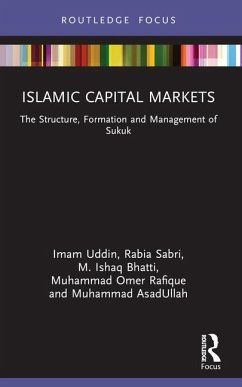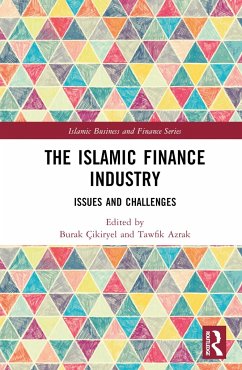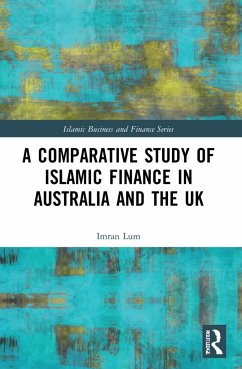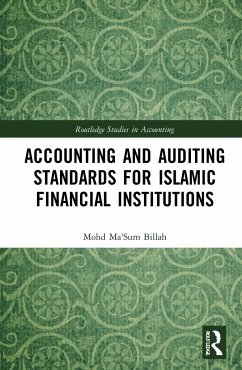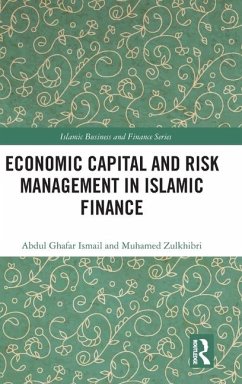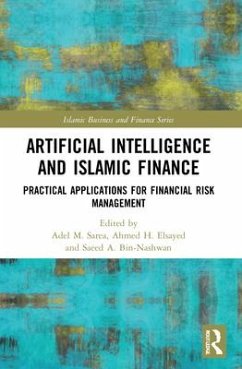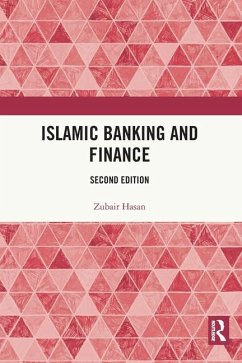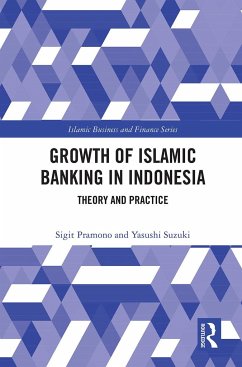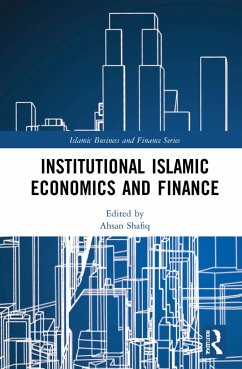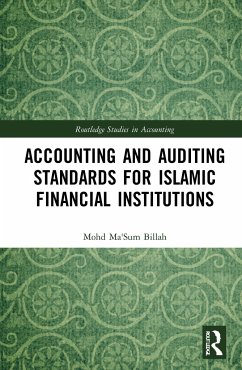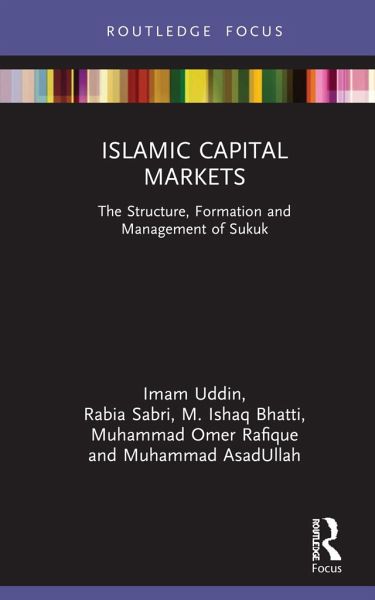
Islamic Capital Markets
The Structure, Formation and Management of Sukuk
Versandkostenfrei!
Versandfertig in 6-10 Tagen
56,99 €
inkl. MwSt.
Weitere Ausgaben:

PAYBACK Punkte
28 °P sammeln!
This book offers a unique, in-depth, and up-to-date overview of Islamic banking and finance, capital markets, and sukuks at the grassroots level. It deals with one of the most potent and increasingly popular financial instruments. It defines and explores the differences between conventional and Sukuk bonds and also examines the integration of Sukuk in various country contexts and both Muslim and non-Muslim economies.The book consists of five core topics. First, it describes the evolution of the Islamic finance industry and capital markets; second, it discusses the basic features and instrument...
This book offers a unique, in-depth, and up-to-date overview of Islamic banking and finance, capital markets, and sukuks at the grassroots level. It deals with one of the most potent and increasingly popular financial instruments. It defines and explores the differences between conventional and Sukuk bonds and also examines the integration of Sukuk in various country contexts and both Muslim and non-Muslim economies.
The book consists of five core topics. First, it describes the evolution of the Islamic finance industry and capital markets; second, it discusses the basic features and instruments of Islamic banking; and third, it illustrates the current state of capital markets and Islamic finance. The book then examines the development of Sukuk in Islamic capital markets and Shariah perspectives and, finally, briefly discusses the structure of Sukuks and its development in the context of Pakistan.
In a nutshell, this book provides a basic understanding of Islamic financial instruments, their implementation in different regions, and their points of differentiation from conventional modes of finance; therefore, it will be a useful addition to the literature for scholars, researchers, and students of Islamic banking and finance.
The book consists of five core topics. First, it describes the evolution of the Islamic finance industry and capital markets; second, it discusses the basic features and instruments of Islamic banking; and third, it illustrates the current state of capital markets and Islamic finance. The book then examines the development of Sukuk in Islamic capital markets and Shariah perspectives and, finally, briefly discusses the structure of Sukuks and its development in the context of Pakistan.
In a nutshell, this book provides a basic understanding of Islamic financial instruments, their implementation in different regions, and their points of differentiation from conventional modes of finance; therefore, it will be a useful addition to the literature for scholars, researchers, and students of Islamic banking and finance.





